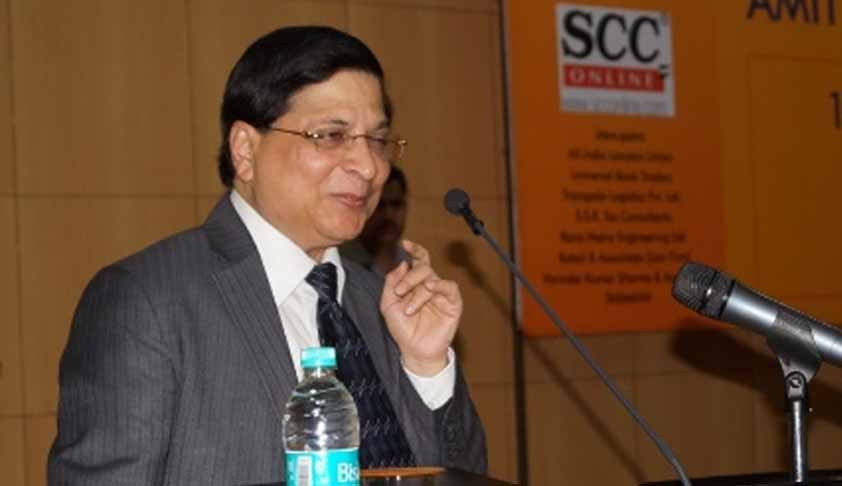Supreme Court Ignoring Perils Of Imposed Nationalism?
Gitanjali kapur
1 Dec 2016 7:43 PM IST

The Supreme Court has transgressed into moral policing yet again with its recent decision to make the singing of the national anthem compulsory before movie screenings. With a plethora of imperative pending cases in the pipeline, I find it rather odd that the Courts in India waste precious time and resources in defining something as personal as patriotism and the way a citizen should choose to express the same.
Nationalism is the feeling of belonging to your nation and being a part of a larger community. It comes with your ideas of being tolerant, patient, secular and democratic in a country like India. It is an ethical duty in the form of respect for your nation’s diversity. Nationalism cannot be a straight jacket formula of standing upright for the national anthem. The feeling of national integrity and a duty to ones nation is a latent emotion that need not be expressed in solidarity but can be equally enjoyed in the solitude of one’s own actions towards the nation.
It is rather astonishing how the wavering of flags and shouting of slogans by political parties who advocate vandalism can be termed as nationalism but free speech and a peaceful debate can be a threat to the nation and can attract charges of sedition. In recent times, there is distortion of what patriotism is and a disturbing effort by Courts to narrow it down to certain belief systems and actions. It is time the Courts focus on other areas of nationalism that deserve clarification to maintain democracy and free speech. Many lines are blurred due to the lack of separation of the ideas of nationalism from the state. There needs to be clarity from our apex courts that the criticism of Government action or that of the judiciary does not amount to being anti national. But, the Courts have digressed into making redundant judgments than promoting the ethos of our Constitution.
While there are incidents when people may not have stood up when the national anthem was played, there are also cases of extremists taking law in their own hands and intimidating public under the garb of nationalism and the heightened emotions of being Indian. There is a thin line between patriotism and extremism and the dismal truth of our country is the vigilante groups who assume responsibility of protecting the feelings of patriotism. The high probability of some extremist groups using this Court order to reiterate a certain way of life to be “Indian” seems inevitable and it opens doors to a wave of emotions that go beyond love for your country. Religious and cultural connotations in nationalism cannot be separated and the Court order will give impetus to the cultural conservatives who are intolerant to liberal views and consider them anti national.
The playing of the anthem during national events such as sports is essential to the spirit of the game and the morale of the team and the audience at large. But its purpose in a movie seems inconsequential given the chances of heinous assault for not abiding by the same. I recall a rather unfortunate incident where a friend of mine coming from a Convent educated background did not possess great oratory skills in Hindi despite having lived in Delhi and was ridiculed as not being “Indian” enough. This form of classification and imposed ideas of nationalism and loyalty for your country is both dangerous and regressive.
The petitioner, Mr. Chouksey in the PIL has alleged that in Europe and America people do not litter as they have a feeling of public spirit and the same is lacking in India. I fail to understand how singing the anthem before a movie will lead to a public spirit of keeping the roads clean. The reasons for the same can be illiteracy, poverty and lack of stringent laws. Many cities in Southern India with a higher literacy rate have better civic sense and hygiene. It is extremely unfortunate that the so called nationalist litter the streets with very same slogans that they use to show their love for their motherland.
I am rather alarmed at the lack of initiative by the Courts to ensure that the meaning of the national anthem is understood by all citizens and I cannot help but question whether singing the anthem without truly reflecting on its meaning makes you a good citizen. Our Constitution castes a duty upon us to respect the national anthem and the flag and I support a move to ensure decorum when the anthem is played. But making the anthem a compulsion in the entertainment field seems to be a shot in the dark to instill an emotion which is best displayed through noble actions towards your nation. While disrespecting the national anthem or the flag is a separate sphere where regulations have been made, making it compulsory to play the anthem before a movie seems to be the least essential yardstick to judge ones patriotism.
 Gitanjali kapur is an Advocate practising in the Supreme Court of India.
Gitanjali kapur is an Advocate practising in the Supreme Court of India.[The opinions expressed in this article are the personal opinions of the author. The facts and opinions appearing in the article do not reflect the views of LiveLaw and LiveLaw does not assume any responsibility or liability for the same]
Image from here.
This article has been made possible because of financial support from Independent and Public-Spirited Media Foundation.


